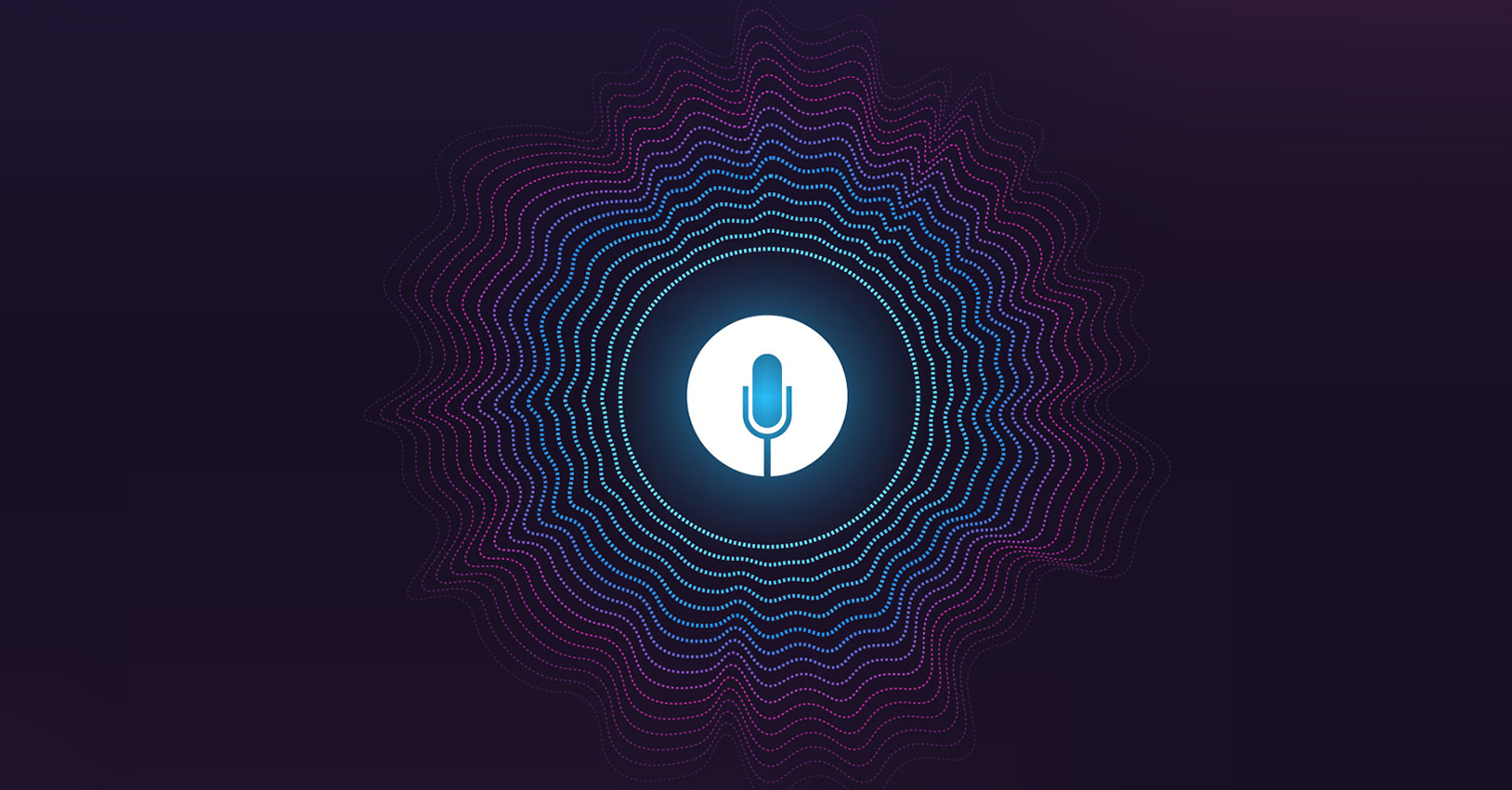


Home »
Reading Time: 6 minutes
Gartner predicts that by 2022, 70% of customer interactions will involve emerging technologies such as machine learning (ML) applications, chatbots and mobile messaging. The smart-algorithm driven text and voice interfaces are unravelling the tangled vines in customer experience management. Businesses are leveraging these interfaces to gain insights into customers’ needs and wants. This can help eliminate the customer angst around long wait times, wearisome searches and uncooperative bots. Customer-centric brands are turning to – virtual assistants, chatbots and voice bots to deliver hyper-personalized conversations in real-time. Powered by Artificial Intelligence (AI), these technologies can access and analyze high volumes of customer specific data – enabling a deeply personal, timely and seamless experience.
Conversational Artificial Intelligence is a form of AI that makes machines capable of comprehending, processing and responding to human language. Conversational AI solutions rely on Natural Language Processing (NLP), speech recognition, Machine Learning (ML) and advanced dialog management to simulate human conversations with customers. The technology empowers chatbots and cognitive agents to imitate the problem-solving and decision-making abilities of a human brain. It can assess customers’ emotional needs and trigger personality profiles based on their interactions with the brand.
Learn how Conversational AI can drive human-like experiences and deliver unlimited commercial value across various sectors.
Healthcare
Conversational AI can help reduce time and costs to patient care and enable superior experiences for both patients and health-workers. Many facilities have deployed virtual agents on their patient portals to drive better patient engagement and improve appointment scheduling. This paves way for a much more frictionless experience and authorizes healthcare centres to analyze patient behaviour for improved outcomes. Intuitive health chatbots, with AI and ML superpowers can make diagnoses that are accurate and formulate a treatment plan designed to meet patients’ needs. They can collect patient information, symptoms and vital signs and provide them insights into potential health issues. Based on interactions with the patients, they can suggest the doctors to consult, remind patients to take their pills and even find the nearest pharmacy in case the patient needs it. They can offer diet charts, exercise plans and recommend post treatment practices and additional care, if required. Further, conversational AI solutions can be used in determining the consequences and impact of drug use and even the chosen surgery strategy. These AI consultants can also help deliver Cognitive Behavioral Therapy (CBT) to patients dealing with anxiety or mental breakdowns. Mobile-based assistants proactively check on individuals who require help and suggest them activities that can improve their well-being.
Retail
AI-powered carts and chatbots are becoming massive revenue generators for retail and e-commerce giants. The 24×365 live bots on brand website can help drive exceptional omnichannel experiences for shoppers. Retailers can use the technology to record customer interactions and make product recommendations in most natural and relevant ways. These conversational bots help create in-store experience and allow customers to navigate through products they’re interested in. The customers can freely choose products from recommendations and even apply style preferences and other filters to make their search more relevant and fulfilling. By integrating bots with messaging apps, retailers can enable customers to request items, prices, valid offers and payment options. AI-based virtual assistants can also suggest customers the most easy-to-follow route to initiate return requests. These can be integrated with ordering systems to expedite the order fulfilment process.
The systematic examination of customers’ data allows retailers to identify the most profitable customers and generate interactive and compatible content. They can manage customer relationships and engage new leads in real-time. Retailers can also receive alerts via bots and track and replenish inventory in case of stock-outs.
Banking and Finance
Banking and finance industry can leverage Conversational AI platform to complete retail transactions and time-bound payments through channels like chatbots, messaging and digital apps. Fintech bots integrated with AI and analytics can help automate the routine customer queries and provide self-serving options to them – boosting sales and marketing operations. They can help customers access any information pertaining to their account – anywhere, anytime. The AI-driven virtual assistants carry out database searches and analyse customer inputs to provide the right support instantly. These bots can help customers retrieve online forms for loan and insurance planning, eliminating the need to visit the bank altogether. They can help financial institutions access customer data for upsell and cross-sell opportunities. Conversational AI solutions can also capture feedback regarding customer experience – ATM performance, ease of transaction, website speed, etc. This technology is also inept in identifying violations and fraudulent activities. In case the bot witnesses any suspicious activity, it sends customers a notification if an intervention is required. Overall, this ensures cost savings, speeds up operations and helps in identifying areas to improve for extraordinary customer experiences.
Human Resources
The Human Resource department can leverage Conversational AI platform to glean insights into employee experience and measure their performance, satisfaction and productivity. The new-age digital HR assistants can be used to filter CVs and employment forms, thereby, eliminating the requirement for staff to go through the documents manually. Bestowed with analytical capabilities, the bots can run down the keywords on applicant’s CV and suggest the most matching profiles to roles. The AI based conversational assistants can be utilized to automate the onboarding process and make employees aware of internal practices. These bots can instantly pull information from consolidated knowledge databases and employee satisfaction surveys. From responding to staff inquiries to providing learning suggestions to streamlining payroll – a HR bot can be a personal assistant to all employees. Employees can get instant answers to FAQs such as visa policy, benefits and compensation and work culture. Integrating Conversational AI solutions in HR and using data and analytics can make workplace happier, healthier and more productive.
Future of Conversational AI
The future of Conversational AI is presumed to be optimistic and result-driven. Conversational AI solutions for enterprises in conjunction with new age technologies can eradicate customers’ pain-points and help them make smarter, smoother choices. Enterprises can extract insights from important granules of data and redefine conversations across all touchpoints. They can make use of conversational intelligence and analytics built into backend programs to improve their response quality over time. Conversational AI solutions for enterprises can help scale up business and serve customers in a cost-effective way – driving revenue and improving efficiencies.
Leave a Reply